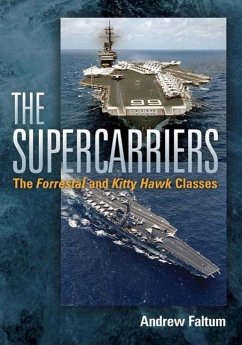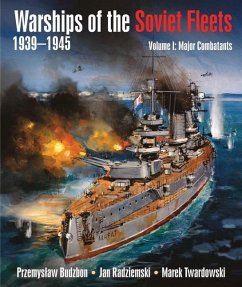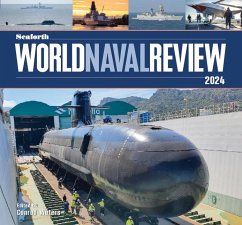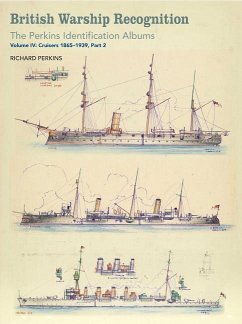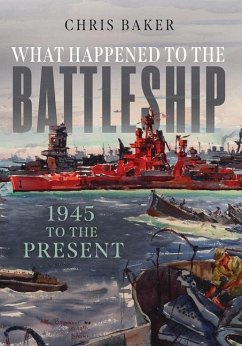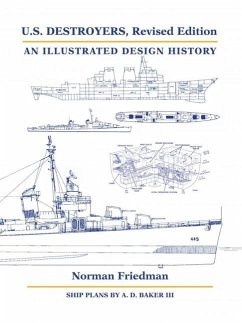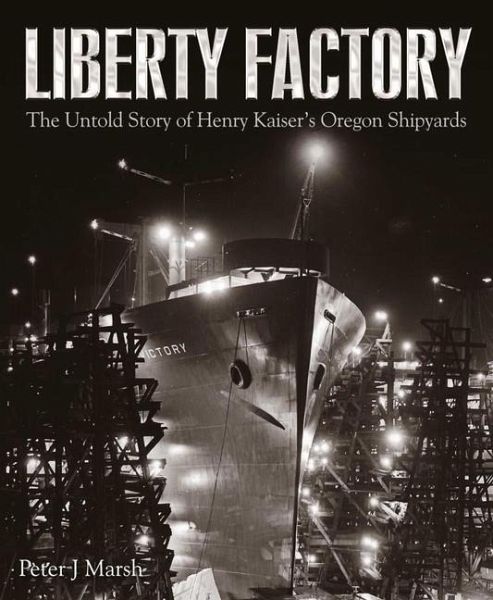
Liberty Factory
The Untold Story of Henry Kaiser's Oregon Shipyards
Versandkostenfrei!
Versandfertig in über 4 Wochen
44,99 €
inkl. MwSt.

PAYBACK Punkte
22 °P sammeln!
Churchill famously claimed that the only thing that had really frightened him during the war was the Battle of the Atlantic. Keeping open the lifeline between the US "arsenal of democracy" and the UK was essential to preparations for the invasion of Europe and in the final analysis this came down to building merchant ships faster than German U-boats could sink them. Crucial to this achievement was the British-designed "Liberty Ship," a simple cargo ship that could be built rapidly, combined with the untapped industrial potential of the U.S. that could build them in vast numbers. Undoubtedly th...
Churchill famously claimed that the only thing that had really frightened him during the war was the Battle of the Atlantic. Keeping open the lifeline between the US "arsenal of democracy" and the UK was essential to preparations for the invasion of Europe and in the final analysis this came down to building merchant ships faster than German U-boats could sink them. Crucial to this achievement was the British-designed "Liberty Ship," a simple cargo ship that could be built rapidly, combined with the untapped industrial potential of the U.S. that could build them in vast numbers. Undoubtedly the most important individual in the rapid expansion of U.S. wartime shipyard capacity was Henry Kaiser, a man with no previous shipbuilding experience but an entrepreneur of vision and drive. This book tells the story of how he established huge new yards using novel mass-production techniques in the most surprising location--Oregon, one of the least industrially developed areas of the US and one without an existing pool of skilled labor to draw on.




